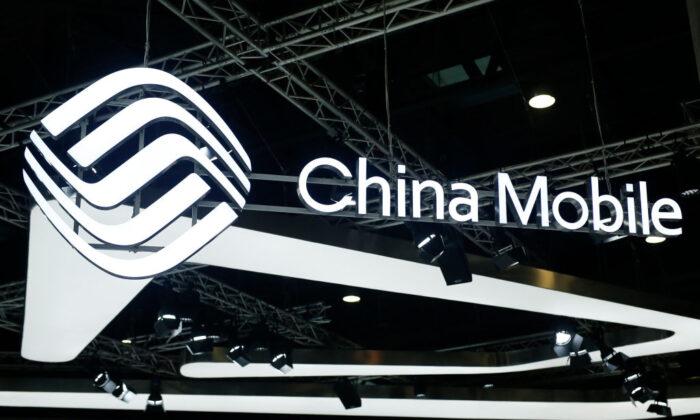The trend of Chinese companies leaving U.S. stock exchanges is likely to accelerate after the New York Stock Exchange announced plans to boot three Chinese telecom companies from the exchange.
This is especially the case for state-owned enterprises (SOEs), as there’s a higher risk that SOEs are connected to the Chinese Communist Party (CCP)’s military. All three companies to be delisted from the NYSE—China Mobile, China Telecom Corp., and China Unicom—are state-owned.
Shanghai-based Chinese major chipmaker Semiconductor Manufacturing International Corp. (SMIC) was also removed in early January 2021 from U.S. over-the-counter trading market OTCQX Market. SMIC is also partially state-owned.
Taken together, these measures make it significantly harder for Chinese companies to raise equity in the United States.
Almost $3 Billion Invested
While the Chinese companies may downplay the magnitude of their U.S. shareholder base in total, the amount of money U.S. investors have poured into the delisted companies are not insignificant.In total, the four aforementioned companies recently delisted from U.S. exchanges had U.S. capital of approximately $2.6 billion as of Sept. 30, 2020, according to SEC filings analyzed by The Epoch Times.
Of that amount, China Mobile had the biggest U.S. investor base via its NYSE-listed shares, with $2.3 billion invested. Most of it—almost $1.7 billion—was from investment managers and advisors through the funds they sold their clients. Hedge funds and banks also held a significant shareholding. China Unicom had $228.6 million worth of U.S. capital through its U.S. listings. China Telecom came in third, with $87.8 million of NYSE-listed shares held by investors. SMIC only had a minimal amount held by U.S. investors.
Should Investors Sell?
NYSE initially announced plans to delist the three Chinese telecom giants on Dec. 31, 2020. On Jan. 4, the exchange suddenly reversed its decision, declaring that it would not delist the companies. Then two days later—following a discussion with the U.S. Treasury Department—NYSE changed its mind again and said it would go forward with the delisting after all.Shares in the three companies fell following the initial announcement and experienced volatility throughout early January.
Regardless of NYSE’s final decision to delist the Chinese companies, it’s clear throughout this period of volatility that holding shares in Chinese companies traded in the United States is risky for investors.
There are more than two hundred Chinese companies listed on U.S. exchanges. Several even held high-profile IPOs in 2020. Most of them are not state-owned, but there’s still a palpable threat of delisting on potential non-compliance with U.S. auditing standards. There’s a chance that U.S. regulators will arrive at an agreement with Chinese securities regulators to share audit workpapers, but no deal is imminent.
Investors hoping that the Joe Biden administration and a Democratic-led Congress would undo recent legislation restricting Chinese stocks would likely be disappointed.
The Holding Foreign Companies Accountable Act had bipartisan, unanimous support in Congress. In addition, it’s unlikely Biden would reverse Trump’s executive order, as there is bipartisan support to hold the Chinese regime accountable.





